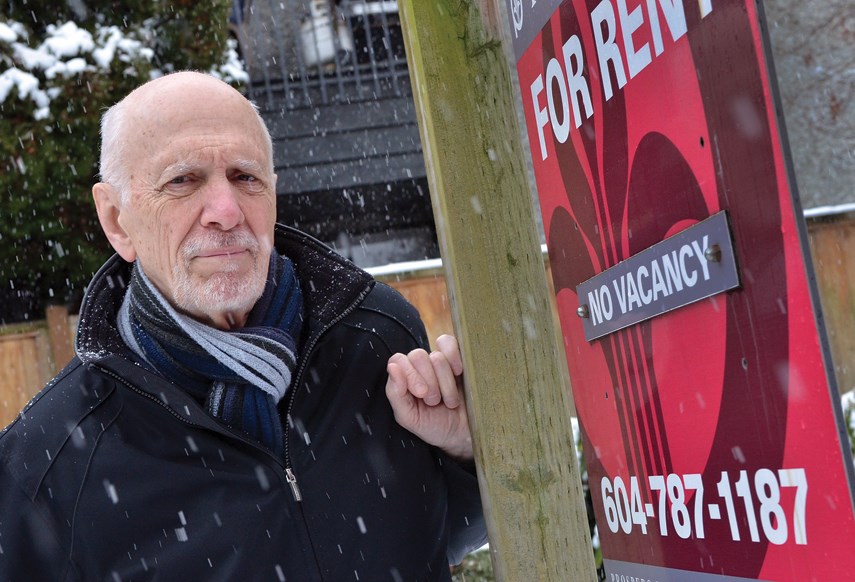The North Shore continues to be among the toughest and most expensive places in the Lower Mainland to rent an apartment.
Every fall, Canada Mortgage and Housing Corp. conducts a “mini census” of all purpose-rental apartment landlords and property managers, seeking data on how many vacancies they have, what their average rents are and how much the vacant apartments are listed for.
As of October 2019, City of North Vancouver’s vacancy rate for purpose-built rentals fell from 0.7 to 0.5 per cent, now tied for second lowest in Metro Vancouver. The District of North Vancouver also saw its vacancy rate drop from 1.7 to 1.2 per cent. The District of West Vancouver was one of only a handful of municipalities or neighbourhoods that saw the vacancy rate climb, going from 0.6 per cent in 2018 to 1.2 per cent in 2019.
West Van, though, has the second highest average rents in the region at $2,024, 7.7 per cent higher than the year before. Only UBC lands were higher. The average renter in the District of North Vancouver is paying $1,672 per month, 5.6 per cent more than they did in 2018. The city remains the cheapest North Shore option for renters, with an average rate of $1,466, up 3.1 per cent since 2018, CMHC estimates.
But the averages include longtime tenants who have been protected by years of rent controls. Someone needing a vacant apartment in the city today would be paying closer to $2,000 per month ($1,614 for a one-bedroom, $2,443 for a two-bedroom.)
The average rent in Metro Vancouver is now $1,469, up 4.7 per cent over last year.
Between 2018 and 2019, the survey found 36 more rental units on the market in the city, compared to just two in West Van and four in North Vancouver district, though the survey does not include secondary suites in basements and coach houses, which make up the bulk of the DNV’s rental stock.
The latest numbers are deeply troubling, said Don Peters, chairman of North Shore Community Resource Society’s Community Housing Action Committee. “That is worrisome because we know that incomes aren’t increasing anywhere near the rate of rents,” he said.
The survey did find a big jump in the number of strata condos being put on the rental market, which may be attributed to the province’s speculation and vacancy tax, but Peters cautioned that renters in those suites are more likely to be evicted if their landlords decided to sell, renovate or move into the suites themselves.
Peters said he was eager to see some money flowing from the federal government’s national housing strategy but it has been slow in coming, and it’s not clear how much, if any, will come to the North Shore.
“Meanwhile on the ground, rents go higher and higher and people become more and more desperate,” he said. “The situation has been allowed to deteriorate for so many years, the picture for catch-up and for remedy is desperate. I think it’s just a dismal prospect.”
Peters said more than getting additional rental and below-market housing units built, the government must now provide subsidies directly to low-income renters “just so they can eat and raise their families.”



